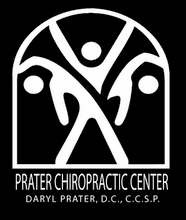
Here is a rave review on the inaugural Illinois Marathon held Saturday, April 11th! This just came in from Gale Fischer.
I had a great time at the Illinois Marathon this weekend. The event was much bigger than expected with nearly 9000 participants in all events with almost 2000 in the marathon. Featured speakers for the expo and pasta dinner were Bart Yasso and Dick Beardsley. Listening to Dick Beardsely speak was worth the drive down. I finished 31 overall and was the 4th in my age group. I set a PR by over a minute and a half coming in at 2:56:52.







